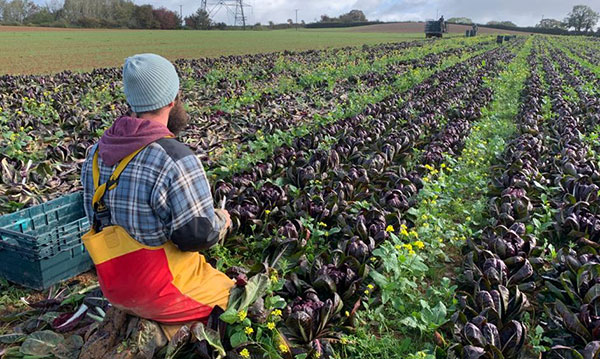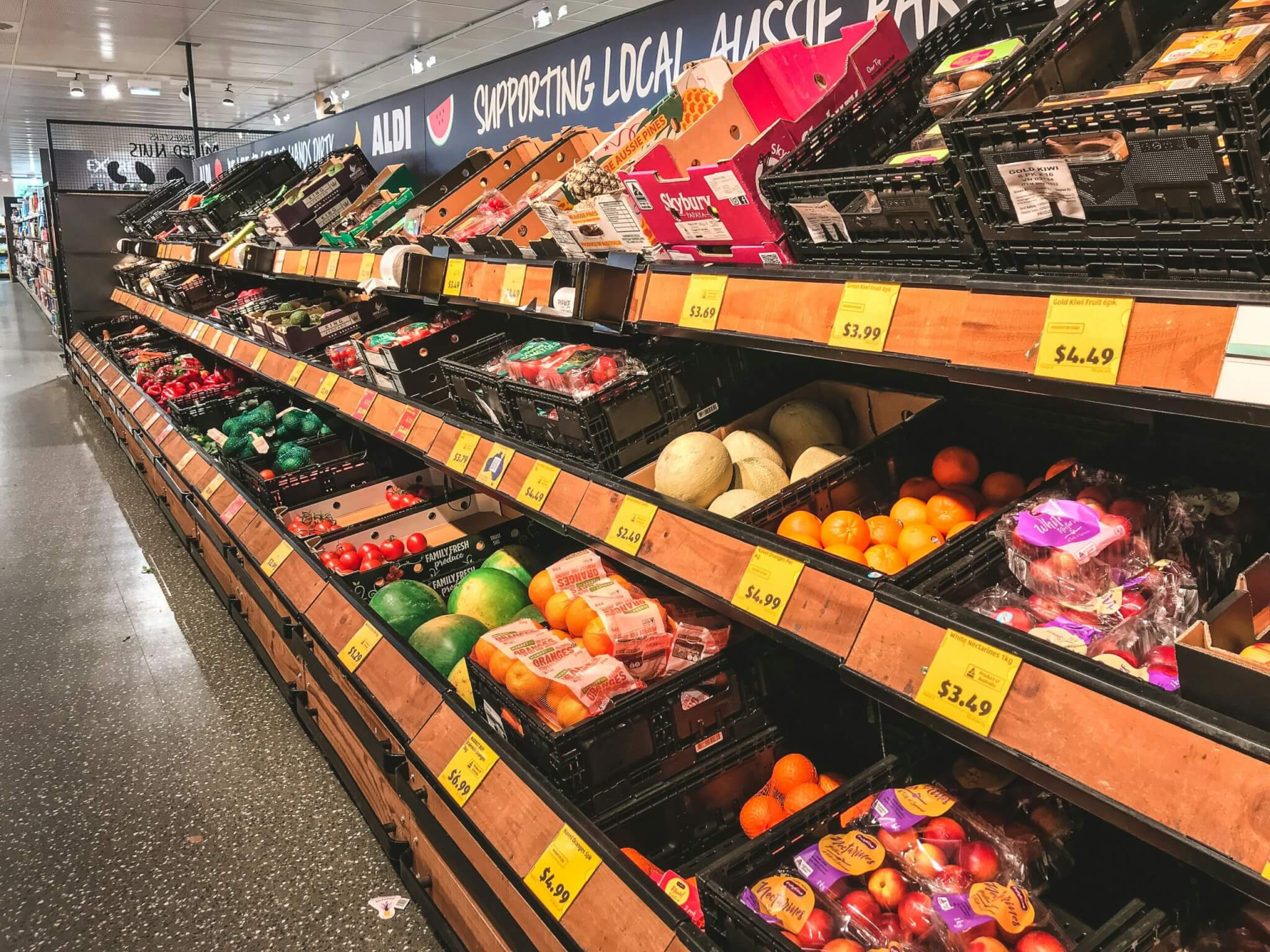Devon farmers describe our mild, slow descent into winter as a ‘long back end’ (and often a soggy one). The soil is still warm, wet and active, releasing an excess of nutrients, and there is just enough light for our crops to keep limping on.
We used to stretch the season more with late crops of fennel, celery, spinach and broccoli, but the vigour, flavour and shelf life were too often disappointing. So, over the years, we have become more cautious and relied more on imports from our trusted Spanish growers.
There is still grass for livestock to eat if the ground stays dry enough to support their feet, but in the absence of good light, the water-gorged growth is of little value. One compensating exception is our crops of radicchio, pain de sucre and the other bitter cousins of dandelions, which are at their best during this time of year, keeping my vigour up as the light declines.

25 years ago, a band of hardy travellers would brave the wind, rain and mud to hand-pull our carrots, breaking off the tops and removing the worst of the mud to fill sacks by hand. Believe me, on most days it is back-breaking, arthritis-inducing misery. 20 years ago, our newly formed co-operative – the South Devon Organic Producers – bought its first single-row carrot harvester. It gripped the carrot tops between two belts as a shear loosened the soil, allowing them to be gently lifted and agitated (to remove the soil) before pinching off the tops, delivering a stream of roots to a conveyor belt, and on into a trailer.
After witnessing such mechanical poetry, it was torture to do the job by hand; but (and there is always a ‘but’ with mechanisation) it only works with the right combination of dry weather, sandy soil, and carrot varieties robust enough not to break. At some point in November, the tops become too weak, and, with barely a crusty traveller to be found these days, the only option is a potato harvester, which lifts and sieves the whole bed – often a struggle with wet soil in our high rainfall area. We still grow most of our carrots in Devon, but I am not sure how long we can keep that up.
Much as we all want to buy local, there are strong economic and environmental arguments for growing crops in the soil and climatic zone where they do best. As with most things, dogma is seldom the right path; wisdom lies in an informed compromise.











0 Comments